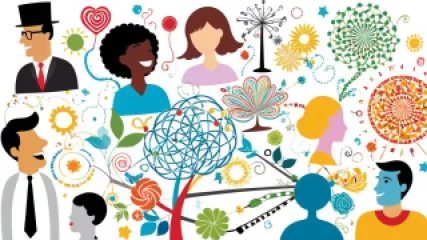How to Harness the Benefits of Daydreaming for Improved Focus and Creativity
1 year ago
Benefits of Daydreaming
Cultivating Self-Compassion: A Step-by-Step Guide
1 year ago
Self Compassion Techniques
How to Cope with Emotional Abuse: 7 Strategies for Healing
1 year ago
Healing from Emotional Abuse
10 Powerful Self-Compassion Techniques to Boost Your Well-Being
1 year ago
Self Compassion Techniques
The Psychology Behind Humor: A Research Summary
1 year ago
Psychology of Humor
5 Essential Healing Exercises for Divorcees
1 year ago
Dealing with Divorce
Embracing the Wait: A Personal Journey of Mindfulness
1 year ago
Psychology of Waiting
Understanding Strategies for Coping with Personal Crises
1 year ago
Managing Personal Crisis
Finding Strength in Online Peer Support: My Journey to Better Mental Health
1 year ago
Peer Support Benefits
Mastering Self-Compassion Techniques: The Ultimate Guide
1 year ago
Self Compassion Techniques
Exclusive Interview: Insights from Overcoming Envy Workshops Facilitator
1 year ago
Dealing with Envy
Expert Insights: Strategies for Overcoming Personal Crisis
1 year ago
Managing Personal Crisis
Understanding the Therapeutic Benefits of Comedy Therapy
1 year ago
Psychology of Humor
Embracing Gratitude: A Refreshing Perspective on Dealing with Envy
1 year ago
Dealing with Envy
Mastering Mindfulness: The Ultimate Guide to Personalized Mindfulness Sessions
1 year ago
Mindfulness















